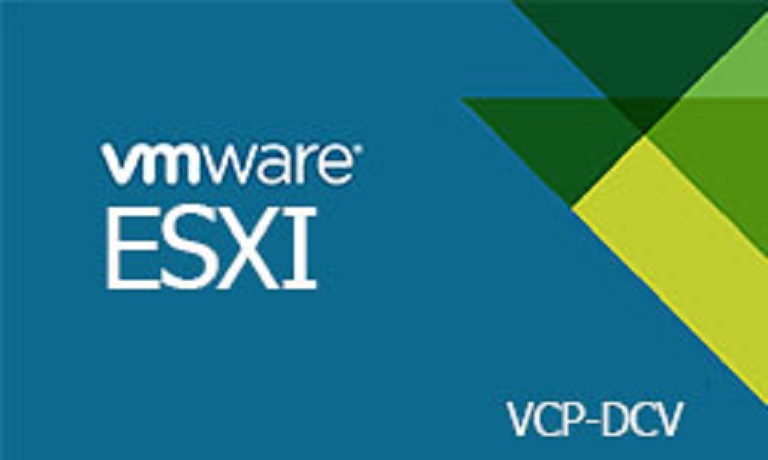vSphere FT requirements
vSphere Fault Tolerance (FT) has the requirements and limitations at the cluster, host, and virtual machine levels. Here is a list of all these requirements:
vSphere FT cluster requirements
- the ESXi hosts in the cluster must have access to the same datastores and networks.
- a minimum of two FT-certified ESXi hosts with the same FT version or host build number must be used.
- the ESXi hosts must have FT logging and vMotion networking configured.
- vSphere HA must be enabled on the cluster.
- host certificate checking must be enabled in the vCenter Server settings. This is the default for vCenter Server 4.1 and later.
vSphere FT host requirements
- the hosts must have processors from an FT-compatible processor group.
- the hosts must be licensed for Fault Tolerance.
- the configuration for each host must have Hardware Virtualization (HV) enabled in the BIOS.
- the hosts must be certified for FT in the VMware HCL.
vSphere FT virtual machine requirements
- only VMs with a single vCPU are supported with vSphere FT.
- the VMs must be running a supported guest OS.
- the VM files must be stored on shared storage that is accessible to all applicable ESXi hosts. Fibre Channel, FCoE, iSCSI, and NFS for shared storage are supported by FT.
- the VM’s virtual disks must be in thick provisioned format or a Virtual mode RDM. Physical mode RDMs are not supported.
- the VM must not have any snapshots.
- the VM must not be a linked clone.
- the VM cannot have any USB devices, sound devices, serial ports, or parallel ports in its configuration.
- vSphere Fault Tolerance is not supported with a 2TB+ VMDK.



